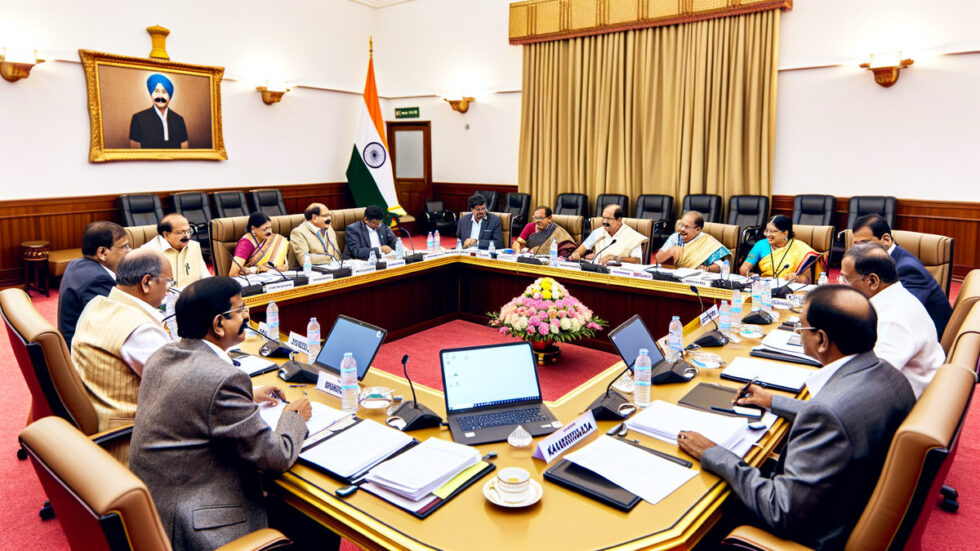
In a significant move poised to reshape Karnataka’s business and infrastructure landscape, a high-level meeting chaired by the state’s Chief Secretary unfolded with discussions centered on simplifying land use, streamlining construction permits, reforming labour laws, and easing compliance norms. The meeting, attended by government officials, industry stakeholders, and legal experts, aims to catalyze Karnataka’s development trajectory by making it a more attractive destination for investment.
The focus on land use simplification is a response to the longstanding call from the business community for more straightforward processes. Complex regulatory frameworks have often deterred potential investors, significantly affecting the state’s competitiveness. By smoothing out the convolutions in land acquisition and use, Karnataka is looking to unlock vast potentials in untapped sectors, paving the way for more robust economic growth.
Similarly, the initiative to streamline construction permits is expected to significantly reduce the time and cost associated with launching infrastructure projects. This move not only promises to foster a conducive environment for businesses but also aims at accelerating the development of critical infrastructure, which is essential for the state’s overall economic health. By cutting through the red tape, the government is ensuring that projects which were previously stalled can now swiftly move forward.
The reform of labour laws was another critical aspect of the discussions, signifying the state’s commitment to enhancing labour relations and ensuring a more flexible, productive workforce. These reforms are anticipated to strike a balance between protecting workers’ rights and providing businesses with the flexibility required to operate efficiently in a dynamic market environment. The prospective changes could lead to a more harmonious industrial environment, potentially attracting more domestic and international businesses to set up operations in Karnataka.
Moreover, the conversation around easing compliance norms underscores a strategic shift towards a more business-friendly governance model. Excessive regulatory burdens have long been a stumbling block for businesses in India, and by simplifying these norms, Karnataka aims to ensure that businesses can focus more on their core activities rather than being bogged down by bureaucratic procedures. This is expected to lead to higher compliance rates, better business outcomes, and increased government-business partnerships.
Collectively, these discussions mark the beginning of a transformative phase for Karnataka. While the detailed implications of these proposed reforms are yet to be fully understood, the positive sentiment among the business community is palpable. Critics, however, caution about the need for careful implementation to avoid unintended consequences, especially regarding labour law reforms. They argue for a balanced approach that safeguards workers’ interests without compromising on business flexibility and innovation.
If successfully implemented, these reforms could set Karnataka on a path of accelerated economic growth, more employment opportunities, and enhanced quality of life for its citizens. With the government taking decisive steps towards liberalizing its economy, the state is well on its way to becoming a beacon of development and prosperity not just in India, but in the entire South Asian region.









